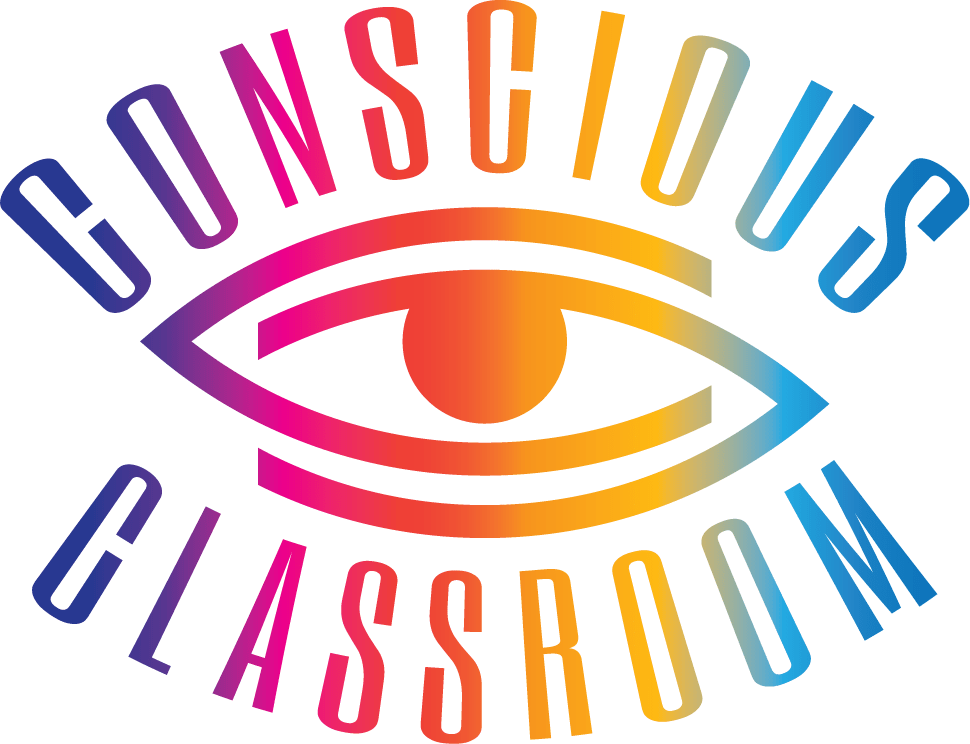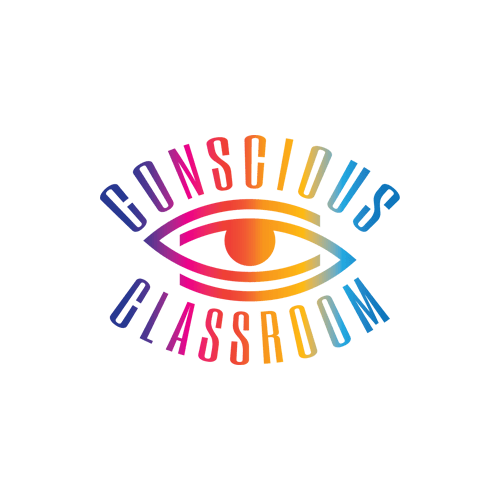Research.
The evidence supporting our offerings.
SEL in Schools
- Kanopka K, Claro S, Loeb S, West, M, Fricke H. 2020. ‘What do changes in social-emotional learning tell us about changes in academic and behavioral outcomes?’ [Policy brief]. Policy Analysis for California Education. https://edpolicyinca.org/publications/changes-social-emotional-learning
- Durlak JA, Mahoney JL, Boyle AE. What we know, and what we need to find out about universal, school-based social and emotional learning programs for children and adolescents: A review of meta-analyses and directions for future research. Psychol Bull. 2022;148(11–12):765–82. https://doi.org/10.1037/bul0000383 Link to PDF
- Davidson, R. J. et al. (2012). Contemplative practices and mental training: prospects for American education. Child Development Perspectives, 6(2) 146-153.
https://doi.org/10.1111/j.1750-8606.2012.00240.x Link to PDF - Skoog-Hoffman A, Miller AA, Plate RC, Meyers DC, Tucker AS, Meyers G, et al. Social and Emotional Learning in U.S. Schools: Findings from CASEL’s Nationwide Policy Scan and the American Teacher Panel and American School Leader Panel Surveys [Internet]. RAND Corporation; 2024 Sep [cited 2024 Nov 8]. Available from: https://www.rand.org/pubs/research_reports/RRA1822-2.html Link to PDF
- Taylor RD, Oberle E, Durlak JA, Weissberg RP. Promoting Positive Youth Development Through School-Based Social and Emotional Learning Interventions: A Meta-Analysis of Follow-Up Effects. Child Dev. 2017;88(4):1156–71. DOI: 10.1111/cdev.12864 Link to PDF
- Treves IN, Li CE, Wang KL, OzernovPalchik O, Olson HA, Gabrieli JDE (2023) Mindfulness supports emotional resilience in children during the COVID-19 pandemic. PLOS ONE 18(7): e0278501. https://doi.org/10.1371/journal.pone.0278501
- Xavier A, Vagos P, Palmeira L, Menezes P, Patrão B, Mendes SA, et al. The Me and the Us of Emotions: a cluster-randomized controlled trial of the feasibility and efficacy of a compassion-based social-emotional learning program for children. Front Psychol. 2023;14:1196457. https://pmc.ncbi.nlm.nih.gov/articles/PMC10646560/ Link to PDF
Mindfulness and Meditation Practices in Schools
- Bakosh, L., Snow, R., Houlihan, J., Tobias, J., Barbosa-Leiker, C. (2016). Maximizing mindful learning: An innovative mindful awareness intervention improves elementary students’ quarterly grades. Journal of Mindfulness, 7, 59-67.
https://doi.org/10.1007/s12671-015-0387-6 Link to PDF - Phan ML, Renshaw TL, Caramanico J, Greeson JM, MacKenzie E, Atkinson-Diaz Z, Doppelt N, Tai H, Mandell DS, Nuske HJ. Mindfulness-based school interventions: A systematic review of outcome evidence quality by study design. Mindfulness (N Y). 2022 Jul;13(7):1591-1613. Mindfulness-Based School Interventions: a Systematic Review of Outcome Evidence Quality by Study Design Link to PDF
- Schonert-Reichl, K. & Lawlor, M. S.(2010). The effects of mindful-based education program on pre-and early adolescents’ well-being and social and emotional competence. Mindfulness, 1, 137-151. https://doi.org/10.1007/s12671-010-0011-8 Link to PDF
- Waters L, Barsky A, Ridd A, Allen K. Contemplative Education: A Systematic, Evidence-Based Review of the effect of Meditation Interventions in Schools. Educ Psychol Rev (2015) 27:103–134 DOI 10.1007/s10648-014-9258-2 Link to PDF
- Choudhury S, Moses JM. 2016. ‘Mindful interventions: Youth, poverty, and the developing brain.’ Theory & Psychology. 26(5): 591-606. https://www.researchgate.net/publication/309099614_Mindful_interventions_Youth_poverty_and_the_developing_brain
Breathwork and Self-Regulation
- Jerath R, Crawford MW, Barnes VA, Harden K. Self-regulation of breathing as a primary treatment for anxiety. Appl Psychophysiol Biofeedback. 2015 Jun;40(2):107-15. doi: 10.1007/s10484-015-9279-8. PMID: 25869930. Link to PDF
- Suttie, J. 2019. ‘What You Think About Your Emotions Matters.’ Greater Good Magazine. https://greatergood.berkeley.edu/article/item/what_you_think_about_your_emotions_matters
Improving Student and Teacher Outcomes via Yoga and Mindfulness-Based Practices in Schools
- de Carvalho, J.S., Oliveira, S., Roberto, M.S. et al. (2021) Effects of a Mindfulness-Based Intervention for Teachers: a Study on Teacher and Student Outcomes. Mindfulness 12, 1719-1732. https://doi.org/10.1007/s12671-021-01635-3 Link to PDF
- Chen, D. D., & Pauwels, L. (2014). Perceived Benefits of Incorporating Yoga into Classroom Teaching: Assessment of the Effects of “Yoga Tools for Teachers”. Advances in Physical Education, 4, 138-148. http://dx.doi.org/10.4236/ape.2014.43018 Link to PDF
Mindfulness-Based Interventions to Support Capacity and Burnout Prevention of Teachers
- Zarate, Kary & Maggin, Daniel & Passmore, Amanda. (2019). Meta-analysis of mindfulness training on teacher wellbeing. Psychology in the Schools. 56. Link to PDF
- Tarissa J. Hidajat, Elizabeth J. Edwards, Rachel Wood, Marilyn Campbell. Mindfulness-based interventions for stress and burnout in teachers: A systematic review. Teaching and Teacher Education, Volume 134, 2023; 104303. https://doi.org/10.1016/j.tate.2023.104303 Link to PDF
Mindfulness and Neuroplasticity
- Now and Zen: How mindfulness can change your brain and improve your health https://hms.harvard.edu/sites/default/files/assets/Harvard%20Now%20and%20Zen%20Reading%20Materials.pdf
- Hebb, Donald O. The Organization of Behavior. New York: John Wiley & Sons, 1949
Want to Learn More?
Our Student Well-Being Curriculum is an inclusive approach to mind-body wellness for EVERY mind and EVERY body. Physical, cognitive, social, and emotional development are essential to learning and life success.
Our Educator Well-Being Learning Series equips educators with effective strategies for self-regulation, alleviating anxiety and stress, enhancing physical and emotional wellness, and cultivating healthy relationships.

